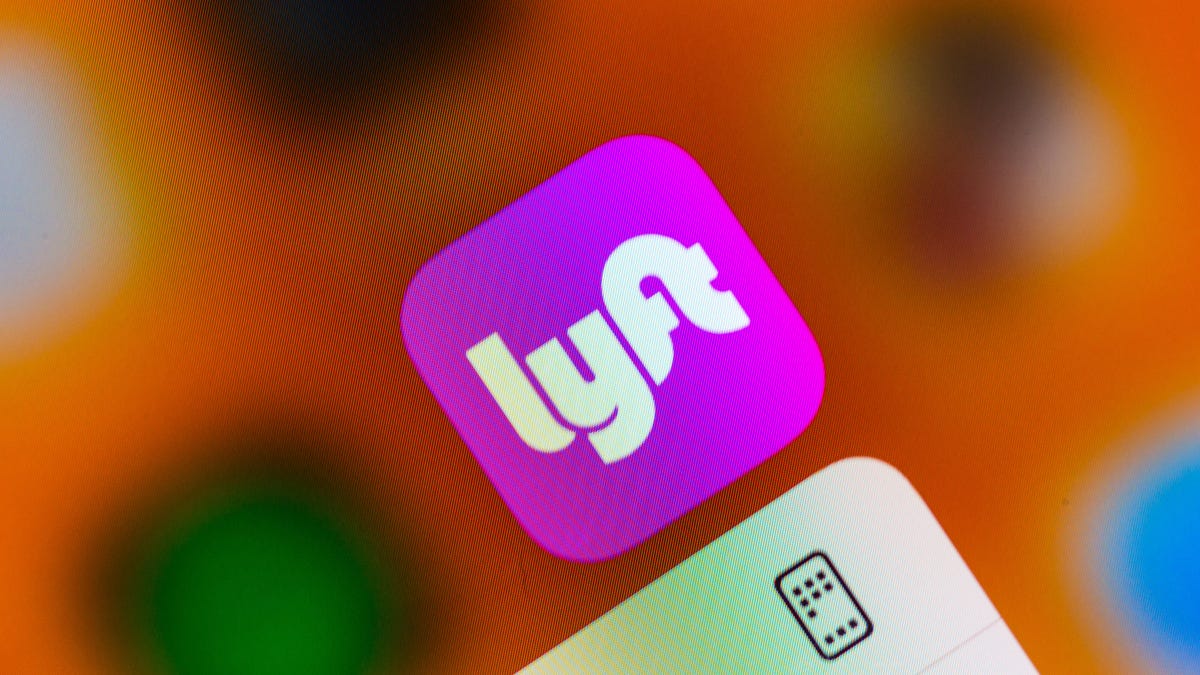Lyft to pay $40,000 fine over claims it denied disabled passengers rides
The move comes after the Justice Department investigated the ride-hailing company for allegedly violating the Americans with Disabilities Act.

Several lawsuits have been filed against Lyft for allegedly discriminating against people with disabilities.
Lyft has agreed to pay the US government $40,000 over claims that its drivers discriminate against people in wheelchairs. The complaint was brought by the US Department of Justice, which said the ride-hailing company violated the Americans with Disabilities Act (ADA) -- a federal law that protects people with disabilities. Lyft also paid damages to four people with disabilities who say they were discriminated against.
The Justice Department began its investigation into Lyft after a Los Angeles-based man, who uses a foldable wheelchair, filed at least 12 complaints against the company. He said he was routinely refused rides or treated rudely because of his wheelchair.
Several other lawsuits have been filed against Lyft over allegations that it discriminates against people with disabilities. The claims in those suits include people alleging Lyft doesn't provide enough wheelchair-accessible vehicles and doesn't adequately train its drivers about the ADA. Uber has also been sued by disability rights groups under similar allegations.
The ADA was passed in 1990 and marks its 30th anniversary next month. Under the law, all transportation providers are required to accommodate people with wheelchairs. Drivers must also accommodate passengers with service animals, such as guide dogs. Currently, one in seven people in the US have a mobility disability, according to the Centers for Disease Control and Prevention.
Lyft says it's had a wheelchair policy for several years that requires drivers to accommodate passengers with foldable wheelchairs. And it says it supports disabled passengers with non-folding wheelchairs by offering wheelchair-accessible vehicles in a handful of cities. Lyft also says it's forged partnerships with disability groups, like the National Federation of the Blind and the National Association of the Deaf.
Many disability rights advocates say that isn't enough, however. They say it's near impossible to get a ride in one of Lyft's wheelchair-accessible vehicles and that people with disabilities are still being denied rides by drivers.
In the Justice Department's complaint, four people allege they were discriminated against for their mobility disabilities. Along with the Los Angeles-based man, two other people say they've been denied rides by Lyft drivers for being in a wheelchair -- including a veteran who lost both of his legs in combat. A woman says she was refused a ride because she uses a walker.
In its settlement with the Justice Department, Lyft agreed to pay the Los Angeles man $30,000. It will also pay $4,000 to the other three people listed in the complaint. Lyft said it will additionally create a complaint procedure for passengers with disabilities to notify the company when they believe they've been mistreated. If those complaints are deemed credible, Lyft will refund the ride charges and give that passenger $10 in credits. It could also deactivate the driver after two or more complaints.
Among its other agreements with the government, Lyft said it will revise its wheelchair policy by telling new drivers not to discriminate against people with disabilities and reminding current drivers about these rules every three months. Lyft will also provide the Justice Department with written reports twice a year about the steps it's taking to comply with the ADA.
"We're glad that through this agreement, we will continue improving our policies and making it easier for people with foldable wheelchairs and other collapsible mobility devices to get around using Lyft," a company spokeswoman said. "Lyft is committed to maintaining an inclusive and welcoming community."

